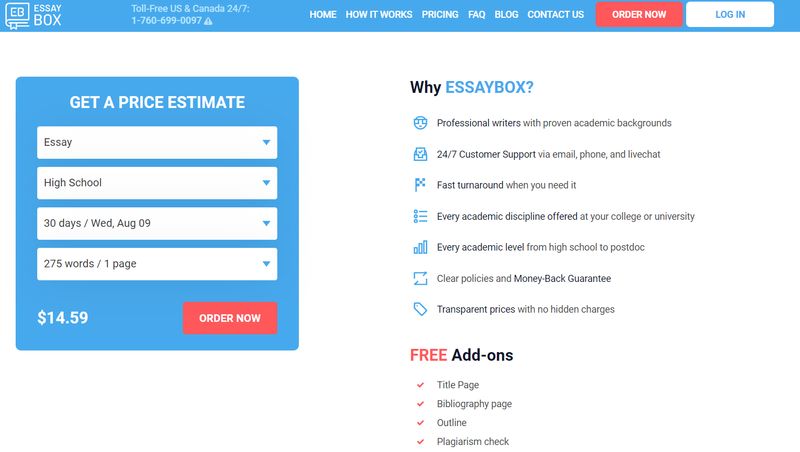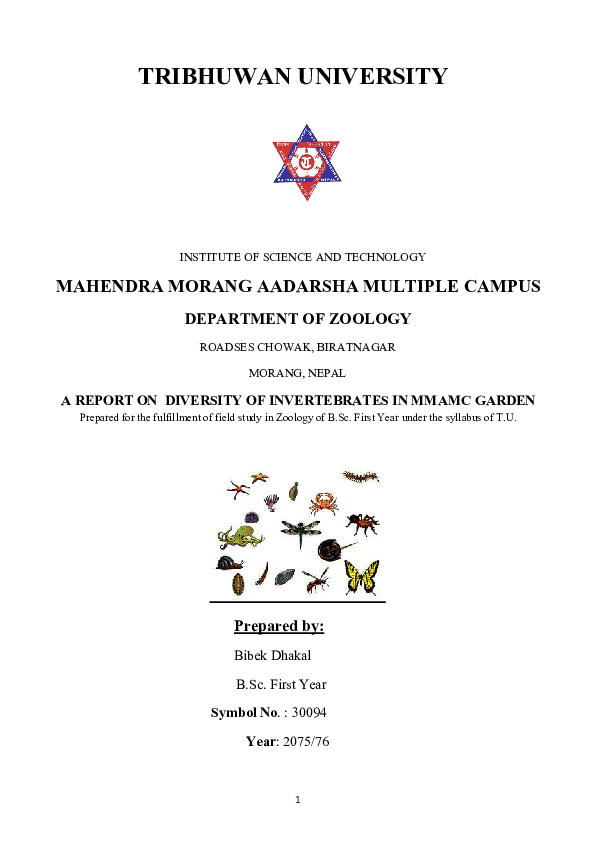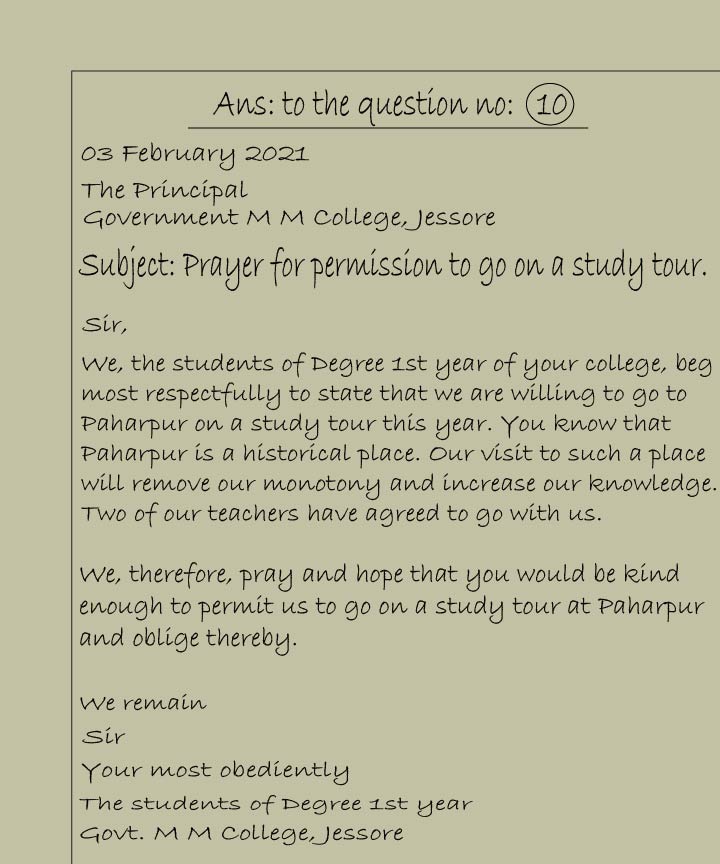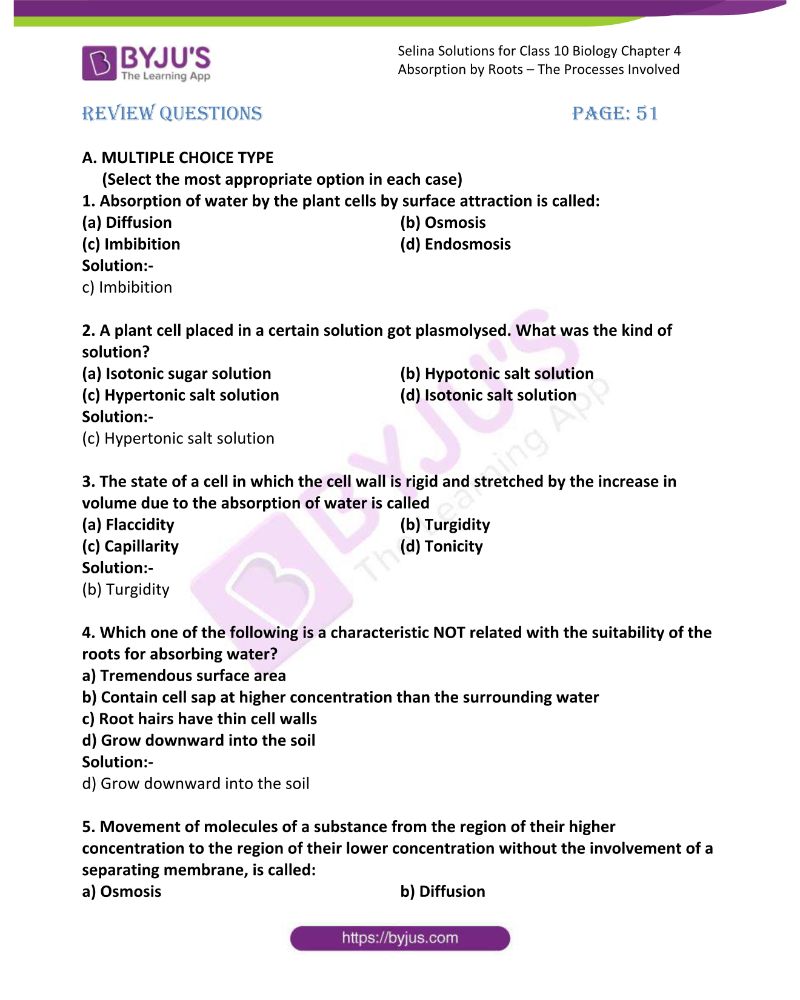How to Organize a Study Tour for College
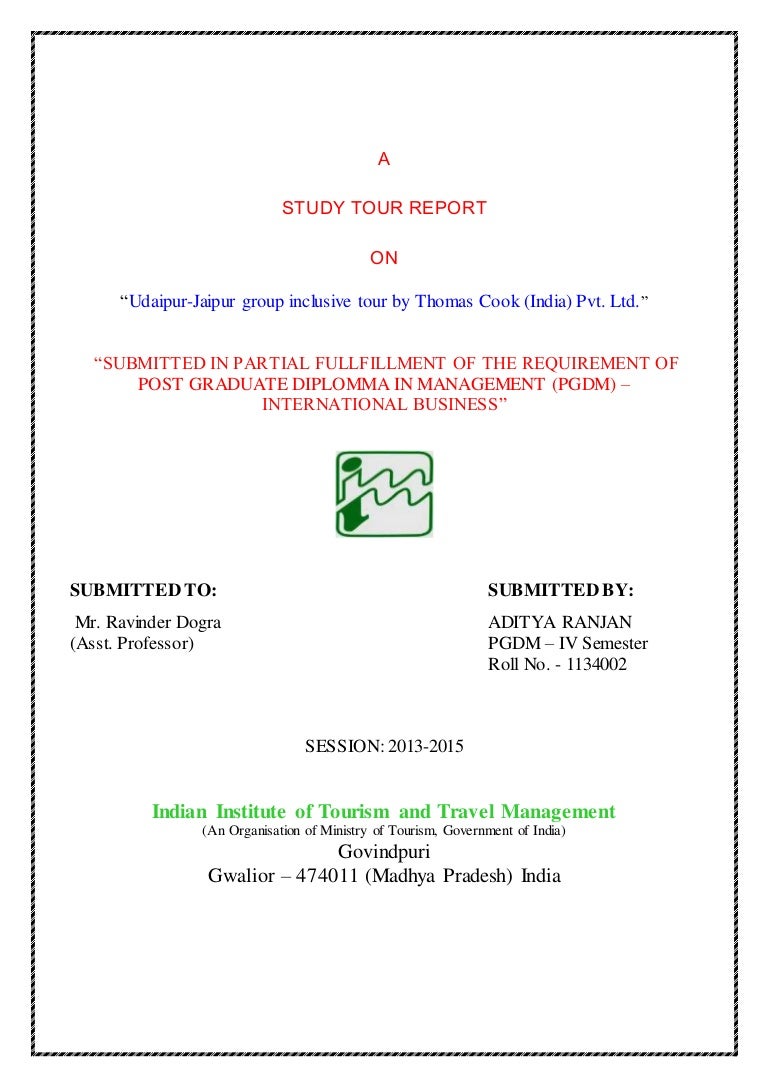
Planning ahead for a study tour can help keep the costs down. If possible, book independently and travel out of season. If the costs are too high, some students may not be able to attend. Be sure to make the trip affordable for everyone. In addition, remember to get COVID-19 vaccinations for students. Then, plan activities that will engage the entire group. Finally, be sure to keep students entertained and on track while on the trip.
Planning ahead
There are many reasons to plan ahead when organizing a study tour for college. For one thing, visiting many different colleges is a good idea. Most students visit a college for half a day, attend a few tours and information sessions, and zip off to the next campus. But if you have the time, spend an entire day at each school. Meet with the admissions officer, faculty members, and administrators, and get a feel for campus life.
Regardless of the season, planning ahead will give you the most time to visit potential colleges. If you’re planning a visit during an off-season, a campus tour will not register in the admissions office. If you’re visiting during the semester, plan a more extensive tour later, when classes are in session. A study tour is a great way to explore the neighborhood surrounding a campus. After all, most students spend four years in the city they’ll be attending.
Budget considerations
Visiting a college campus is a great way to learn about the educational environment and determine if it’s the right fit for your child. However, it can also be costly and takes money away from the school itself. According to Peg Keough, founder of the college planning firm Way to the Quad, it can cost up to $3,000 for the entire family. But some families spend far less.
Rent, food, and transportation are all major costs. You may want to find cheaper places to stay, such as in outlying areas. If possible, use a rail pass or a bike-share service to cut down on travel costs. Also, make sure to purchase health insurance before leaving home. Most universities require students to have health insurance, so make sure you get that as well. Budget accordingly.
COVID-19 vaccination required
If you’re organizing a study tour for college, make sure that your students are vaccinated against COVID-19. Over 1,000 colleges require that their residential students receive this vaccine. This is a life-threatening virus that has not yet been eradicated. Students who choose not to get the vaccine put themselves and others at risk of becoming infected. The risk of contracting the disease is so high that you might end up quarantining and treating other people, and the risk of exposure is significant. In addition, you could also trigger contact tracing, which requires you to identify all of the individuals who have had contact with you, and this process can disrupt your life.
For students who are planning to visit other countries on a study tour, the CDC has issued guidelines that should be followed. Students from different countries must be fully vaccinated for COVID-19 before arriving in the United States. They should be able to show the CDC guidelines that define whether they have been vaccinated for COVID-19. It’s also important to understand that vaccination is a process that can take weeks, so it’s important to have an up-to-date copy of your vaccination records.
Managing larger group activities
Managing a larger group of students can be challenging, but the rewards can be worth the preparation. Study tours offer a unique learning experience that will last a lifetime. While it requires a lot of planning, a school group tour is an excellent way to help students learn and have fun. With the proper preparation, your group tour can be an unforgettable experience for all involved! Here are some tips to help you plan the perfect trip for your college students!
o Establish a personal connection with students. Students are most motivated when they feel that they have a personal connection with their teachers. For this reason, it is important to establish rapport with your students before the trip. Building rapport with your students will benefit you both professionally and personally. A personal connection between student and teacher will help students better understand the material and engage with lessons. Before planning a trip, take time to meet with your students and get their input.

